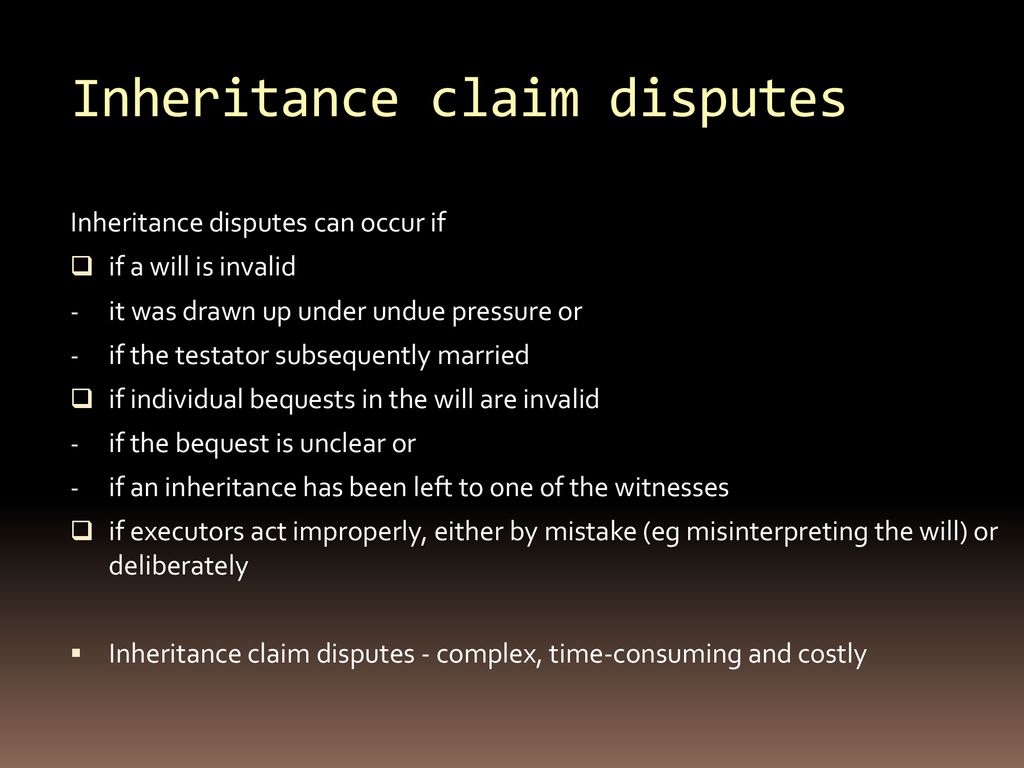Wandering in the realm of attorney costs can be daunting for many individuals. Regardless of whether you are confronting a case of personal injury, handling family-related legal matters, or dealing with legal issues related to business, understanding the financial aspects associated with retaining an attorney is vital. Hiring a lawyer can frequently feel costly and intimidating, but being educated about the various factors that contribute to attorney fees can illuminate the situation and enable you as a customer.
In this piece, we will explore important information related to lawyer fees and the price of retaining an attorney. From knowing the right time to hire legal help and common mistakes to avoid, to understanding what to anticipate during your initial meeting, we aim to arm you with the knowledge necessary to make wise decisions. Additionally, we'll examine practice area-specific advice, outlining how various legal circumstances can influence the costs you may encounter. With our insights, you will be well-equipped to navigate the legal field and defend your entitlements effectively.
Essential Legal Tips
When moving through the law landscape, it’s crucial to understand that not every situation needs an attorney. Nonetheless, understanding when to request legal help can make a significant difference. If you are confronting complex issues such as divorce, criminal accusations, or significant financial decisions, it's prudent to consult a lawyer. They can provide advice tailored to your particular situation and help you avoid typical pitfalls that could compromise your case.
One of the most common legal mistakes people make is overlooking legal documents or deadlines. Whether it's a summons or a contract review, timely action is crucial. Failing to respond to legal requests can lead to unfavorable consequences, such as judgments by default or the forfeiture of rights. Always stay aware about important dates and seek legal advice if you feel overwhelmed by the paperwork involved.
Finally, it’s crucial to do your research when choosing a lawyer. Not all attorneys concentrate in the identical areas of law, so determine your needs and look for someone experienced in that specific practice area. Take the time to consult multiple attorneys or law firms to find one that aligns with your goals and values. A good attorney-client relationship can lead to improved outcomes and a smoother legal process as a whole.
Employing an Lawyer
When considering whether to employ an attorney, it can be important to assess the complexity of your legal situation. Not every law issues necessitate professional representation, but situations involving agreements, court cases, or major rights under the law frequently do. Hiring a attorney can offer you with clarity and proficiency that is important for managing the legal landscape, especially if you are unfamiliar with the laws that may pertain to your situation. A proficient attorney can help you comprehend your choices and the possible consequences of your case.
Knowing when to retain a lawyer can save you hours and anxiety in the future. If Plano trust attorney are confronting a law-related problem, such as a injury case or a family-related legal matter, it can be wise to consult with an lawyer at the beginning in the process. This can help you prevent common legal mistakes that could jeopardize your situation. Additionally, getting qualified guidance can provide you a clearer understanding of your rights and obligations, ensuring that you are fully informed as you continue.

Selecting the right attorney is also a vital part of the process. Look for someone whose practice area aligns with your needs, as expertise can cause a notable difference in the outcome of your case. Take into account factors such as experience, standing, and way of communicating. A good lawyer will not only support your interests but also navigate you through the complex legal systems, supplying help and knowledge throughout the process.
Comprehending Legal Systems
Wading through the legal system can be complex, but grasping the basic processes can empower individuals to make knowledgeable decisions. It commences with acknowledging that not all judicial issues are the alike; each area of law, such as personal injury, criminal defense, or family law, has its own procedural details. Acquainting oneself with typical legal processes related to a particular practice area can help in anticipating what to expect.
Whenever you engage in a legal matter, the steps generally include preliminary consultations, signing agreements, and possibly going through mediation, litigation, or trial. Being aware of what transpires during each stage, like how to prepare for court or what happens if you ignore a legal summons, can alleviate anxiety and ensure you are well prepared. Each step is crucial, as it influences the overall outcome of your case.
Ultimately, having a thorough understanding of the legal processes involved can enhance your chances of success. Whether learning about the fundamentals of estate planning, knowing when to hire an attorney, or understanding your rights as an employee, being educated about these processes can direct your decisions. For anyone venturing into the legal world, this knowledge serves as a essential tool in navigating obstacles and achieving positive outcomes.
